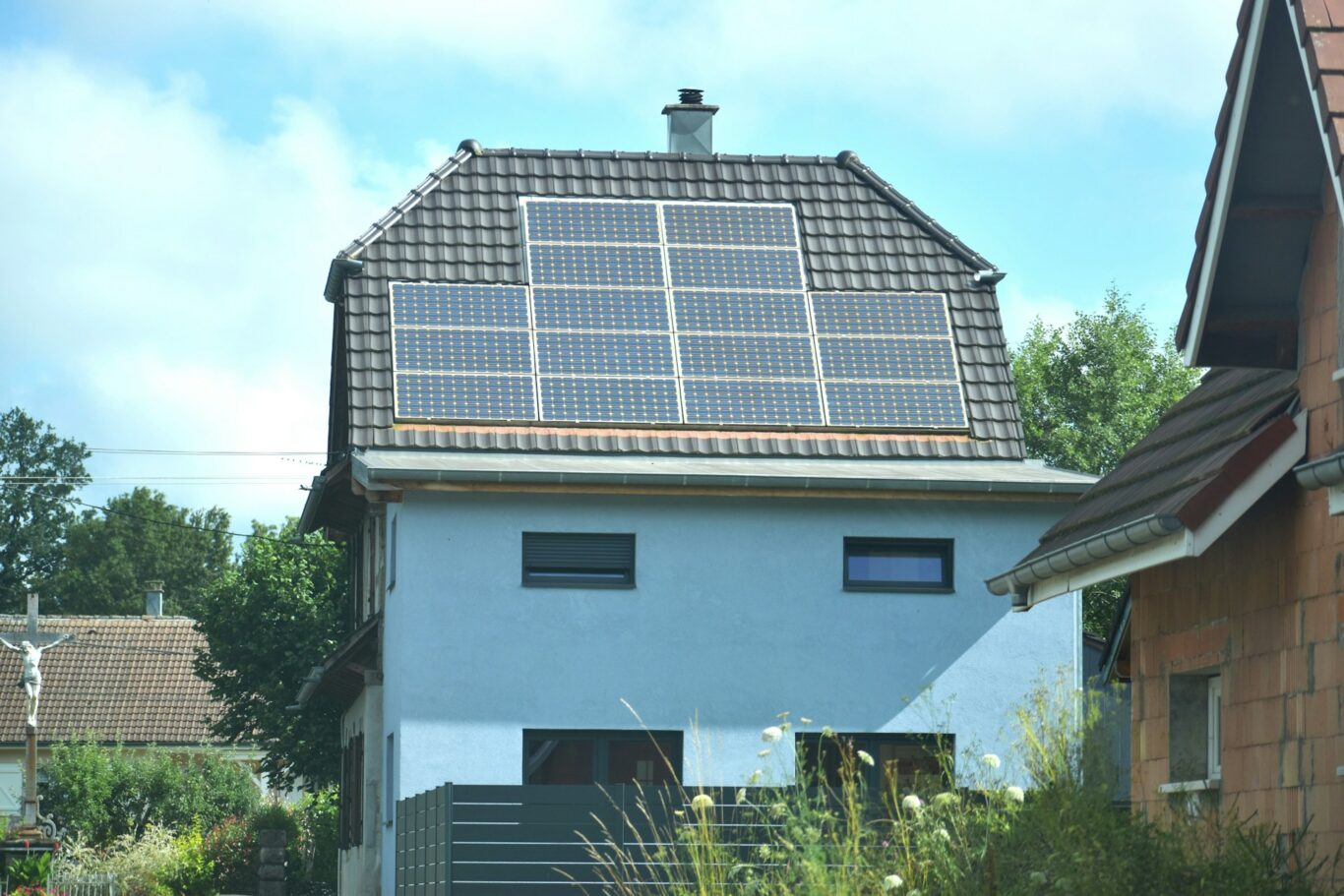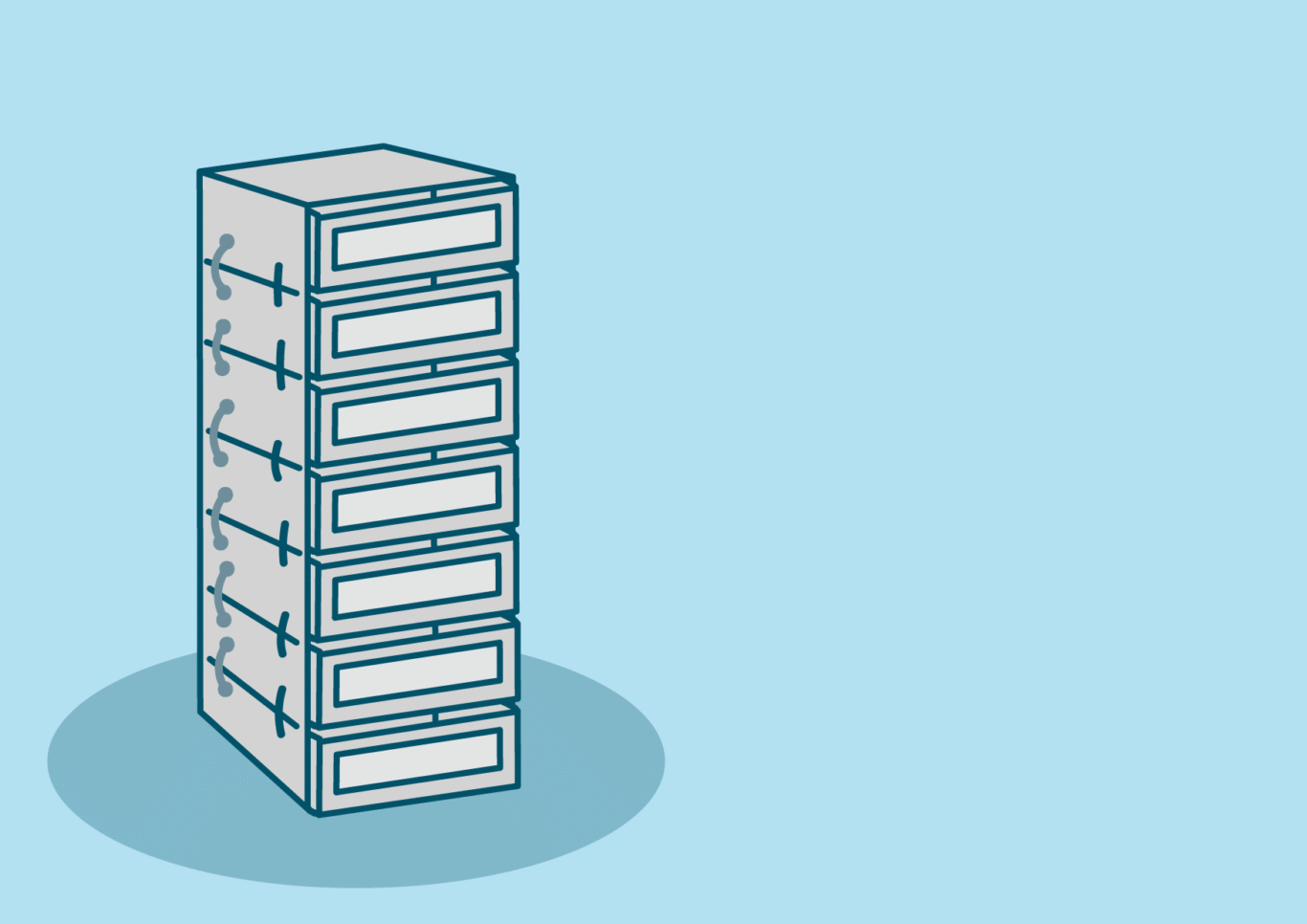Our services
Industrial Batteries
As a producer of industrial batteries, you are responsible for ensuring that they are collected and recycled correctly. By joining Batterikretsen, you gain assistance with registration, reporting, and recycling through a nationwide collection system.

Collection of industrial batteries varies depending on weight. Batteries weighing up to 25 kg can be dropped off at one of the country’s approximately 600 recycling centres. Heavier batteries are collected upon request from collection points agreed with affiliated producers. End users can also hand in industrial batteries directly to one of the collection companies contracted by El-Kretsen.
Producers can also influence how collected batteries are managed. If a specific recycling system exists for a certain battery or brand, El-Kretsen can, in consultation with the producer, ensure that those batteries are transported there.
Batteries are reported monthly or quarterly, stating quantity and total weight, divided by the battery’s main chemistry. This classification follows the authorities’ requirements and reflects the costs associated with different battery types.
Through “My Pages – El-Kretsen’s digital portal – you manage reporting, statistics, and environmental data. You also receive guidance if you are uncertain about how different batteries or electronic products should be reported.
Batterikretsen registers your company with the Swedish Environmental Protection Agency’s battery register and handles the annual reporting on your behalf.
Fees
In addition to registration and reporting, Batterikretsen’s mandate includes a range of services and obligations defined in the Battery Regulation. These include:
- Expanding and operating the collection system for free battery collection at affiliated collection points. This includes suitable containers and transport, with attention paid to the properties of different batteries, such as flammability or health risks.
- Developing a recycling process that, in accordance with the Battery Regulation, achieves new collection and recycling targets. This includes completely avoiding energy recovery and landfill.
- Ensuring Batterikretsen’s internal control for managing producers and collected batteries through continuous quality follow-ups.
- Maintaining financial security.
- Funding compositional analyses of household waste every five years.
- Creating informational materials on recycling, litter prevention, and battery use advice.
- Monitoring legislation for the five different battery categories and adapting operations to any regulatory changes.
Batterikretsen’s fees consist of three components:
- Entry fee
- Fixed annual fee
- Environmental fee (SEK/kg)
All fees are listed in El-Kretsen’s price list, available on the website and in the declaration portal. Any price changes are announced at least two months in advance.
Batterikretsen, like El-Kretsen, operates on a non-profit basis – no profits are distributed to owners.

Definition of Industrial Batteries
An industrial battery is a battery specifically designed for industrial use, or intended for industrial purposes after having been subject to preparation for repurposing or repurposing itself – even if it was originally designed for another application.
Other batteries weighing more than 5 kg that are not electric vehicle batteries, light means of transport (LMT) batteries, or starter batteries are also classified as industrial batteries.
Industrial batteries have no upper or lower weight limit, meaning even small button cells may be included. Other batteries are classified as industrial batteries from 5 kg and upwards. Common examples include batteries used in forklifts, backup power systems for servers, and energy storage units connected to solar panels.